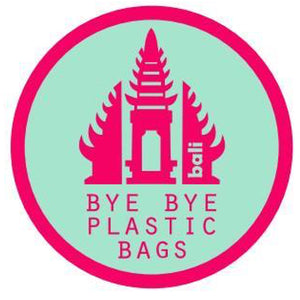
Bye Bye Plastic Bags
Working toward a world free of plastic bags where the young generation are empowered to take action.
The Problem
About 500 billion plastic bags are used around the world each year. The vast majority are discarded after just once and end up in landfills or in rivers, lakes, and oceans, where they persist for decades, and in some cases centuries. Plastic bags never completely biodegrade; instead, they break down into smaller and smaller pieces, eventually becoming “microplastics,” which are less than 5 millimeters long. In whatever state, plastic bags cause massive environmental damage. Many animals – both terrestrial and aquatic – eat plastic bags, and suffer from serious health problems as a result. 46,000 plastic pieces are found in every square mile of ocean, and 100,000 marine animals killed each year as a result of plastic bag pollution. And it goes without saying that the bags spoil the appearance of just about every imaginable habitat, from forests and fields to deserts and wetlands.
The Solution
The founders of Bye Bye Plastic Bags, sisters Melati and Isabel Wijsen, who live on the island of Bali, envision “a world free of plastic bags and where the young generation are empowered to take action.” In 2013, at the ages of 10 and 12, they were inspired by a lesson in school about great leaders who brought about positive change, like Nelson Mandela and Mahatma Ghandi, The girls asked themselves, “What can we do as children living in Bali, NOW, to make a difference?” Having witnessed first hand the serious problem of plastic bag pollution in Bali, they decided to pursue a mission to ban the use, sale, and production of the bags from retailers. Their approach involves raising awareness about the issue and how people can be part of the solution as well as working with government to create and change environmental policy. Bye Bye Plastic Bags “Teams” have launched in over 16 cities across the globe and the founders continue to share their message on stages around the world — a message of “inspiration, youth empowerment, and of course, saying NO to plastic bags.”
Stage of Development
- Early Stage
- Established Prototype
- Scaling
- Other
Organization to Receive Funds
Bye Bye Plastic Bags






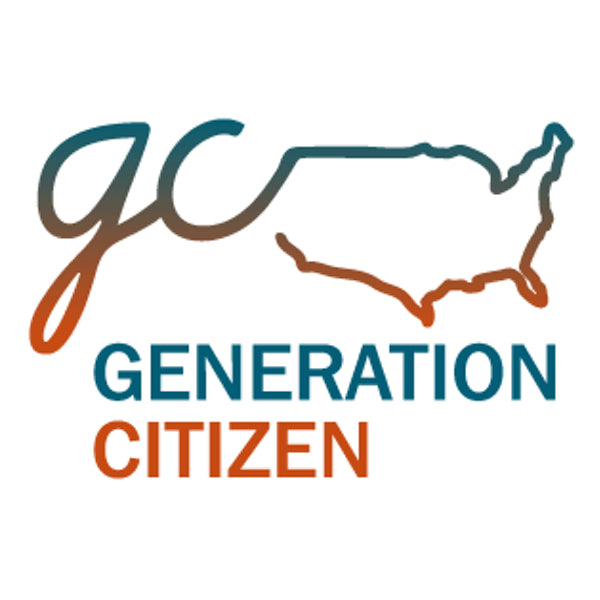

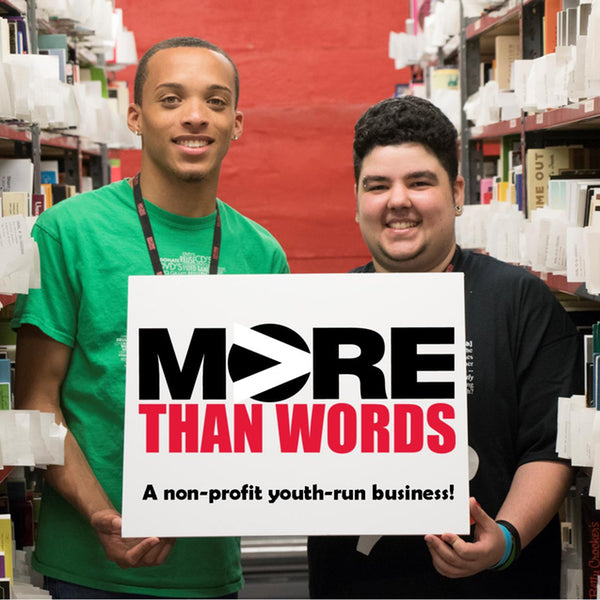
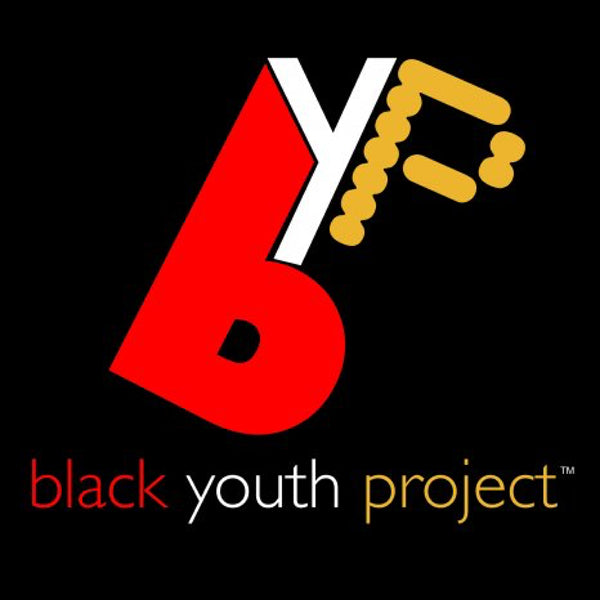

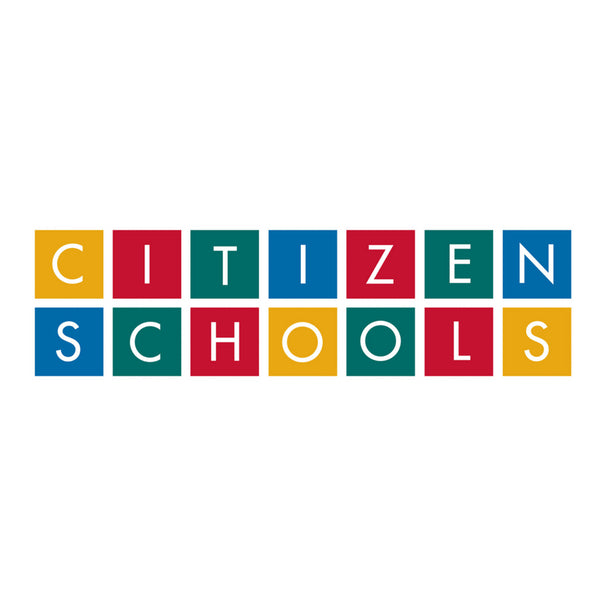


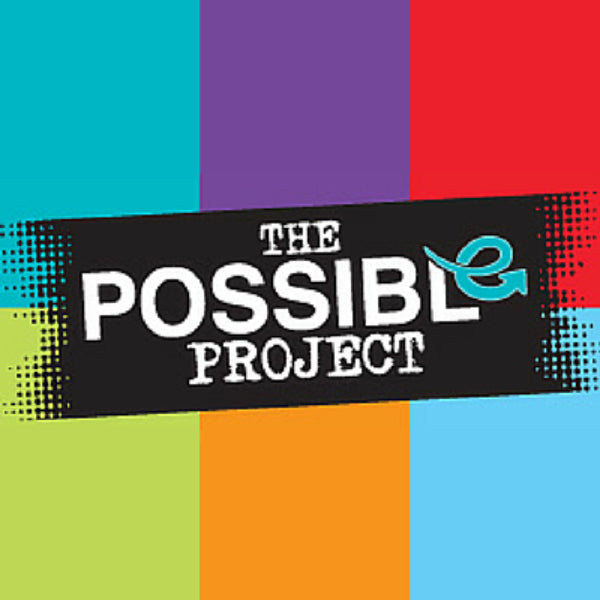


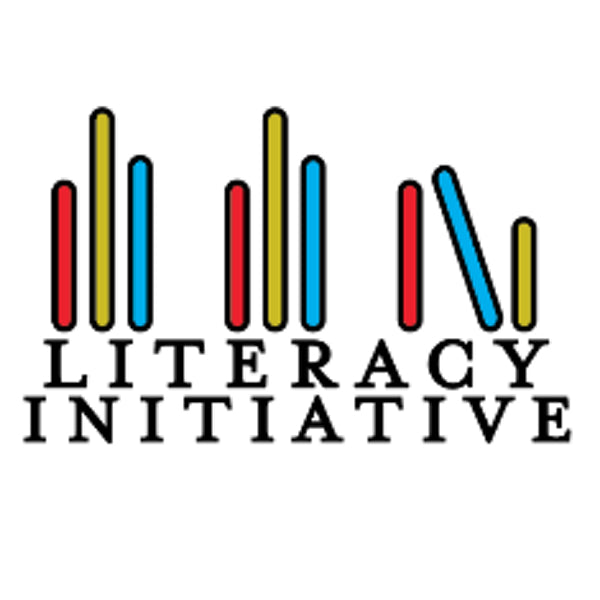
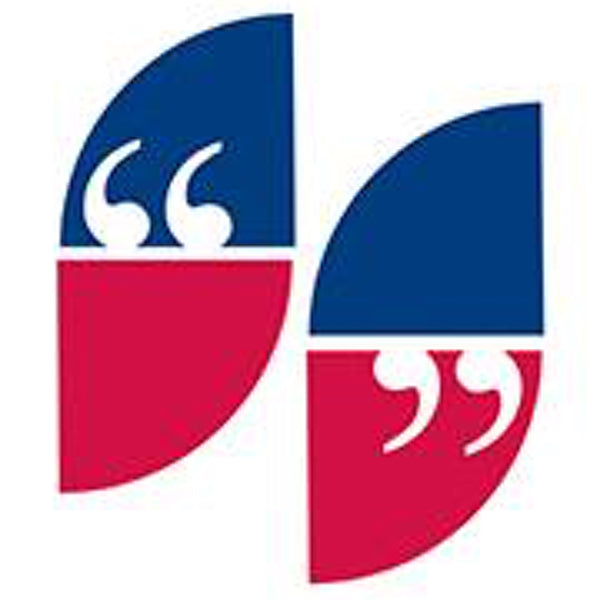
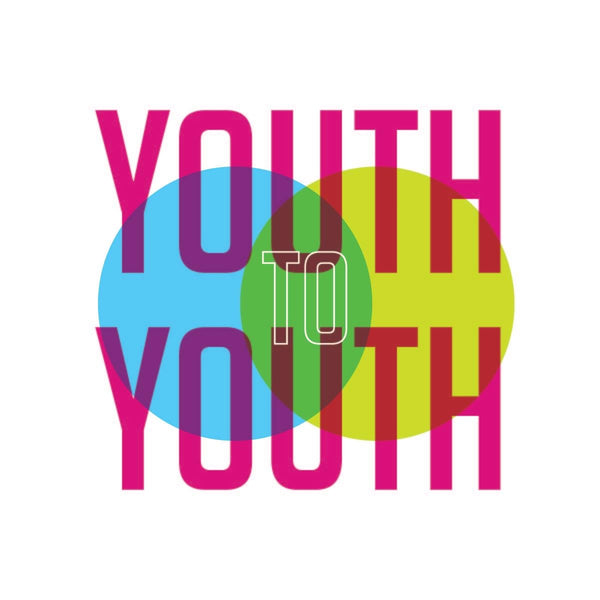
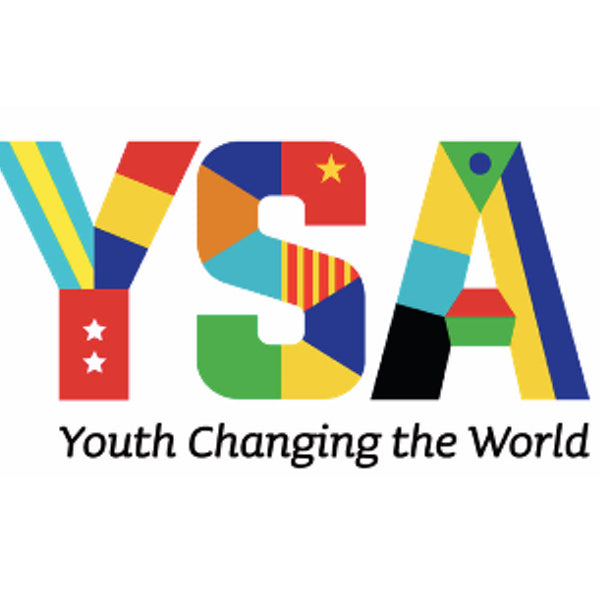
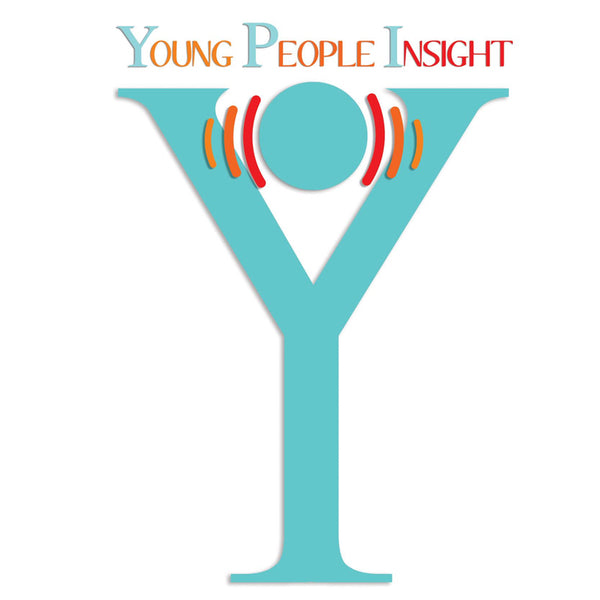
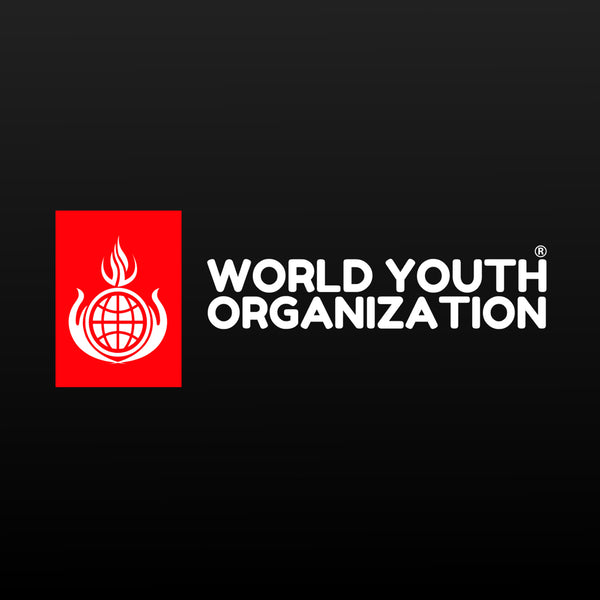


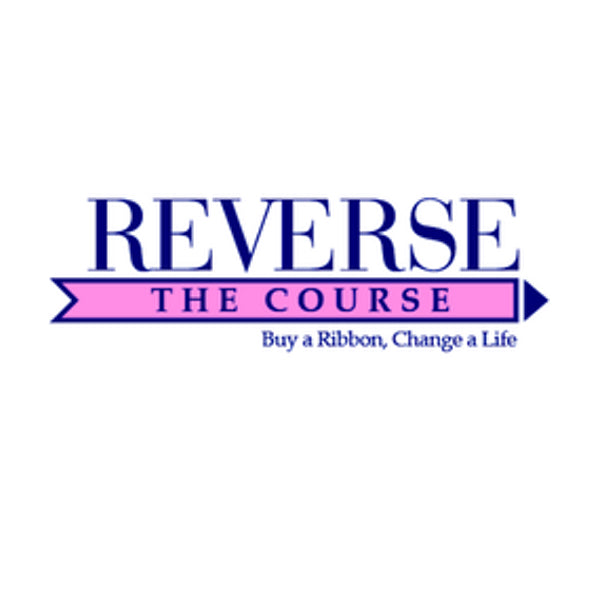


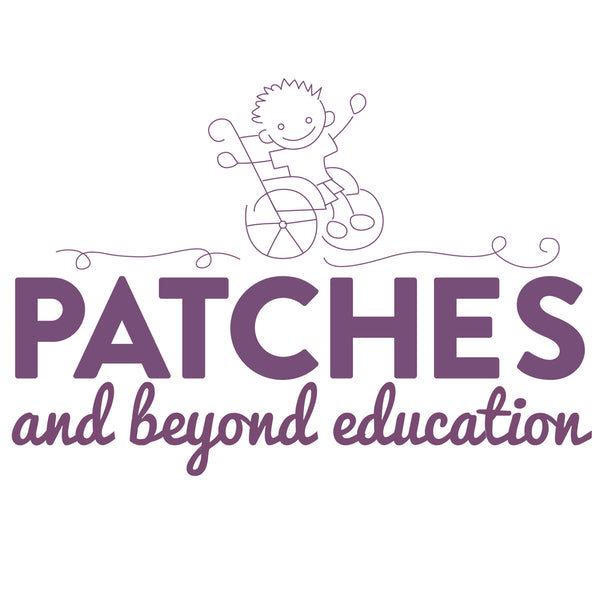
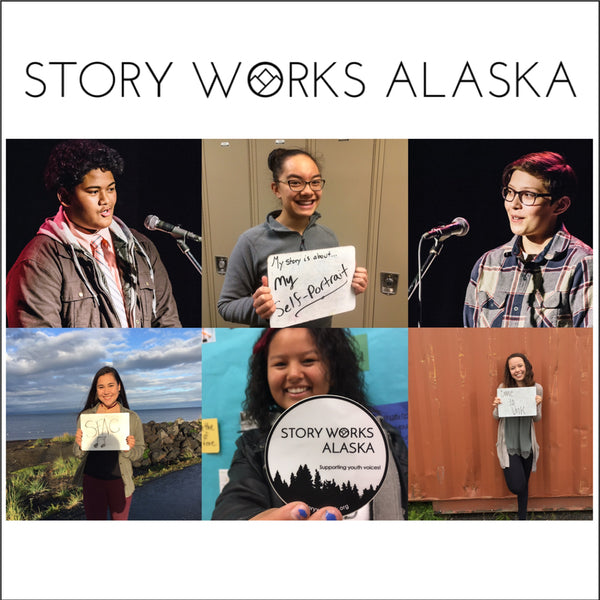
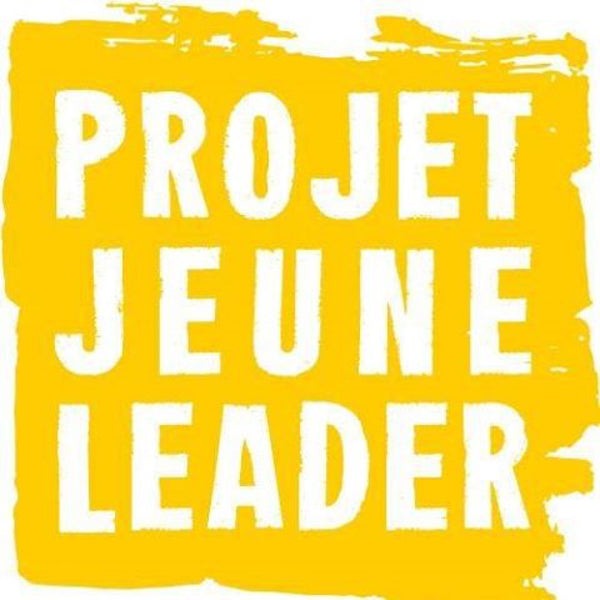
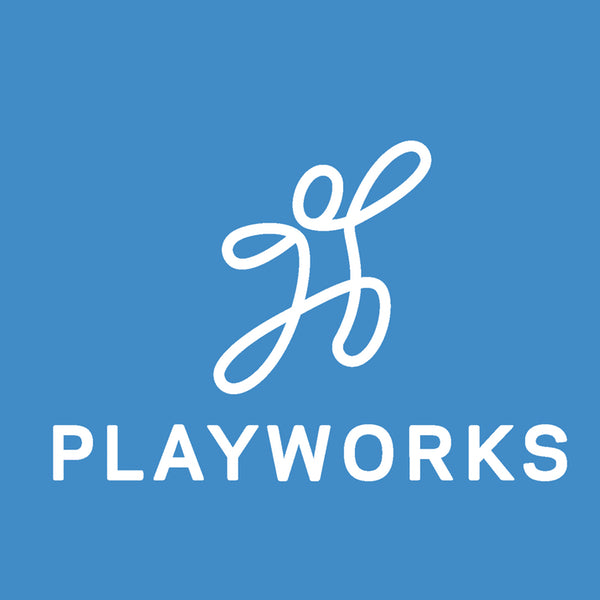

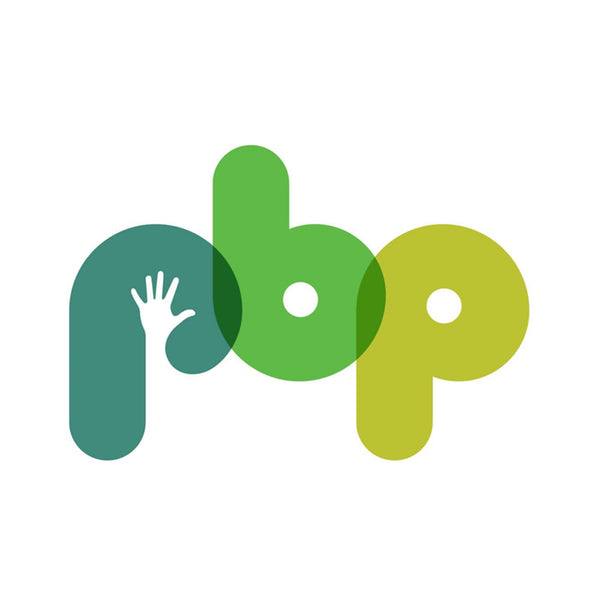
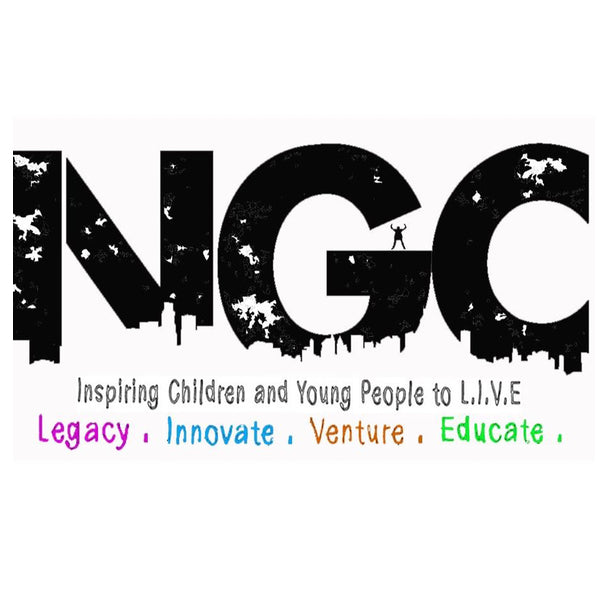
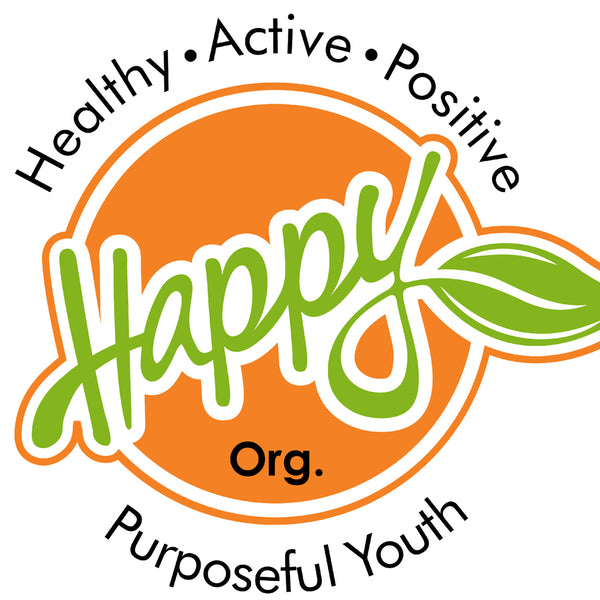
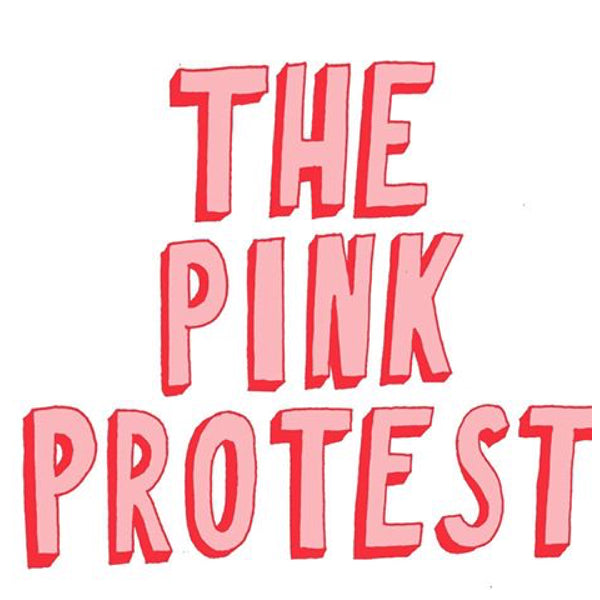
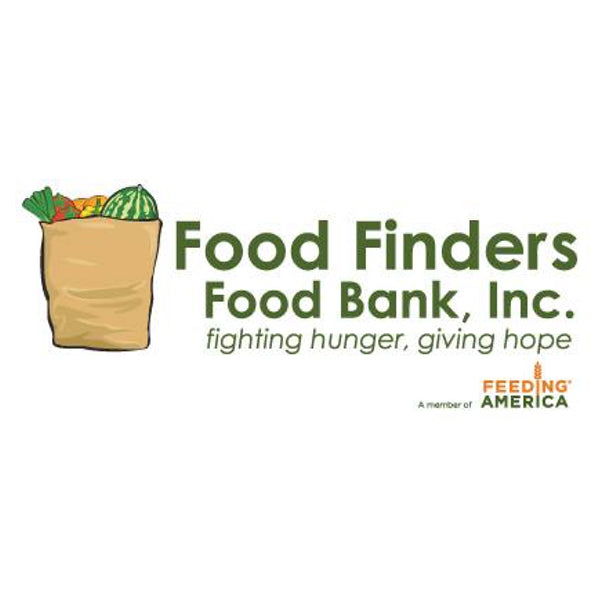




Join The Discussion